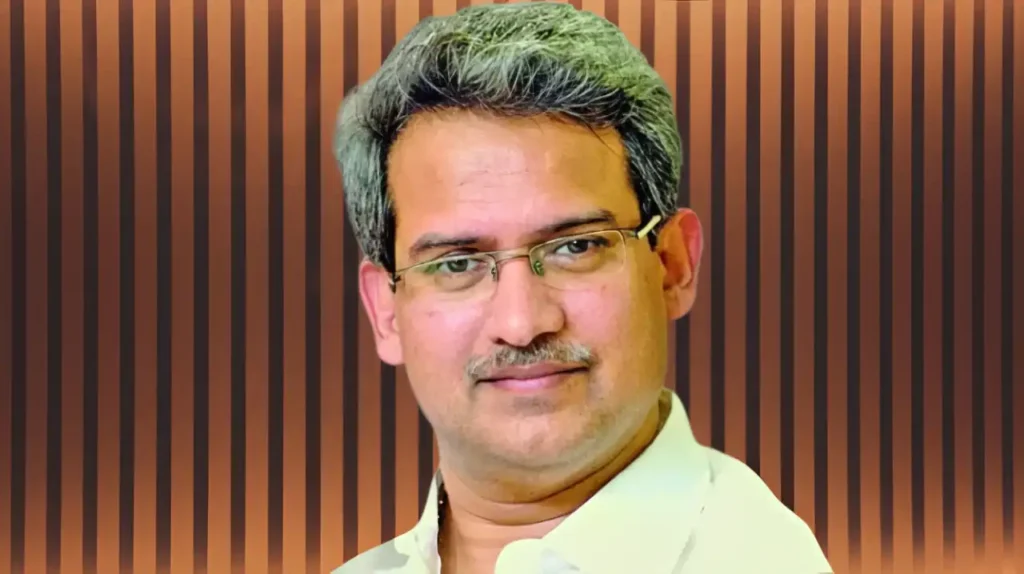Early Life and Entry into Politics
Anil Desai was born on May 2, 1957, in Mumbai, Maharashtra. His upbringing in the bustling city shaped his worldview and instilled a sense of responsibility toward society. As a young man, he actively participated in social causes and community initiatives. His passion for public service led him to join the Shiv Sena in 1978, marking the beginning of his political journey.
Rise Within the Party
Desai’s unwavering commitment caught the attention of party leaders, and he quickly ascended the ranks. By 2002, he held the crucial position of All India Party Secretary, responsible for coordinating party activities across regions. His organizational skills, coupled with a deep understanding of grassroots politics, made him an invaluable asset.
Advocacy for Local Rights
Desai’s dedication extended beyond party politics. He became the General Secretary of the Sthaniya Lokadhikar Samiti Mahasangh, an affiliated organization of the Shiv Sena. This role allowed him to champion the rights of locals in Maharashtra, addressing issues related to employment, land, and cultural identity. His tireless efforts resonated with the people, solidifying his position within the party.
Rajya Sabha Nomination
In 2012, Anil Desai’s political trajectory took a significant turn when he was nominated to the Rajya Sabha, the Upper House of the Indian Parliament. His eloquence, negotiation skills, and ability to bridge ideological gaps made him an effective parliamentarian. He continued to serve as a Rajya Sabha member during his second term, which began in 2018.
Key Contributions and Challenges
Desai played a pivotal role during the 2014 assembly elections when the BJP-Sena alliance faced internal strife. His behind-the-scenes negotiations helped stabilize the coalition, leading to a successful government formation in 2015. His pragmatic approach and commitment to consensus-building earned him respect from colleagues and opponents alike.
Vision for Maharashtra
Anil Desai is known for coining the slogan “UTha Maharashtra” (Wake up, Maharashtra), emphasizing the state’s potential and urging citizens to actively participate in its progress. His vision extends beyond party lines, focusing on sustainable development, social justice, and inclusive growth.
Conclusion
Anil Desai’s journey exemplifies resilience, adaptability, and a deep-rooted connection to his constituents. As he continues to serve Maharashtra and the nation, his legacy remains intertwined with the aspirations of millions. His story reminds us that effective leadership transcends mere politics—it’s about shaping lives and leaving a lasting impact.

